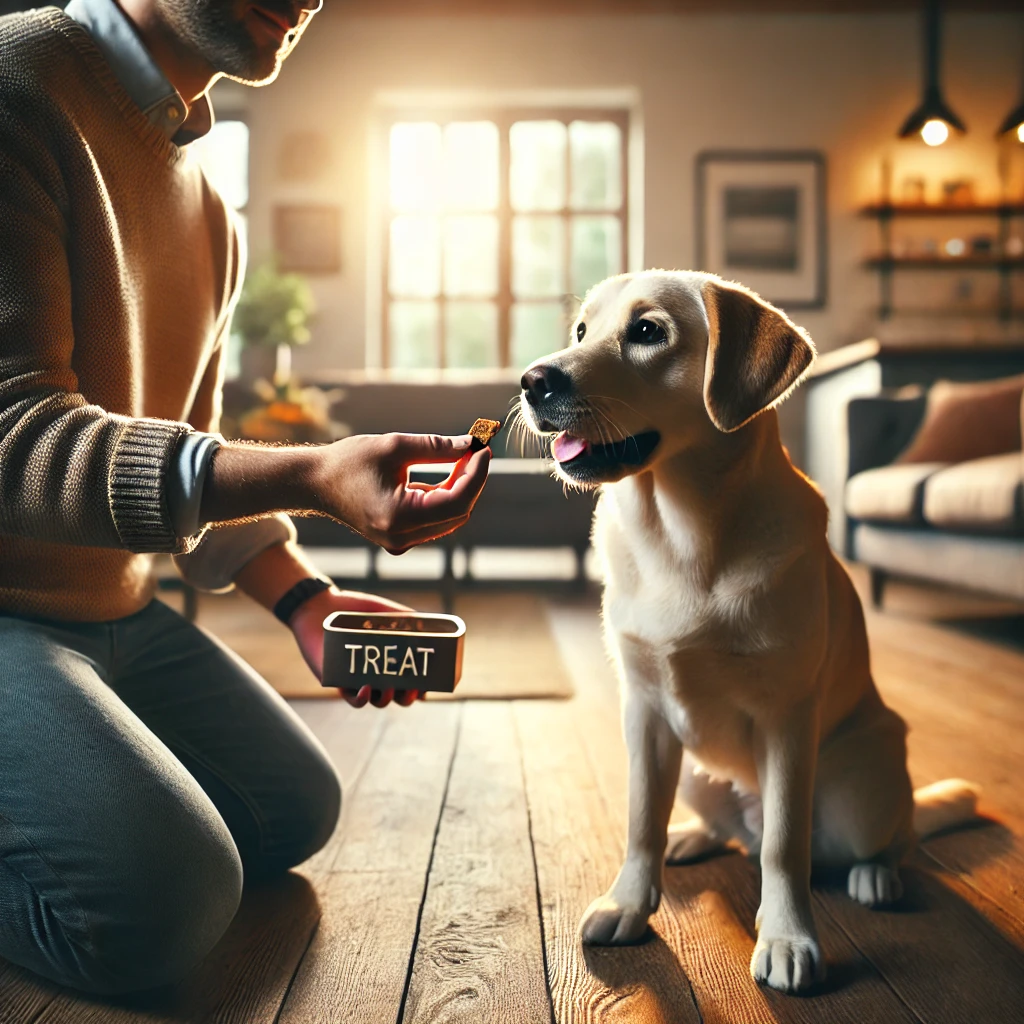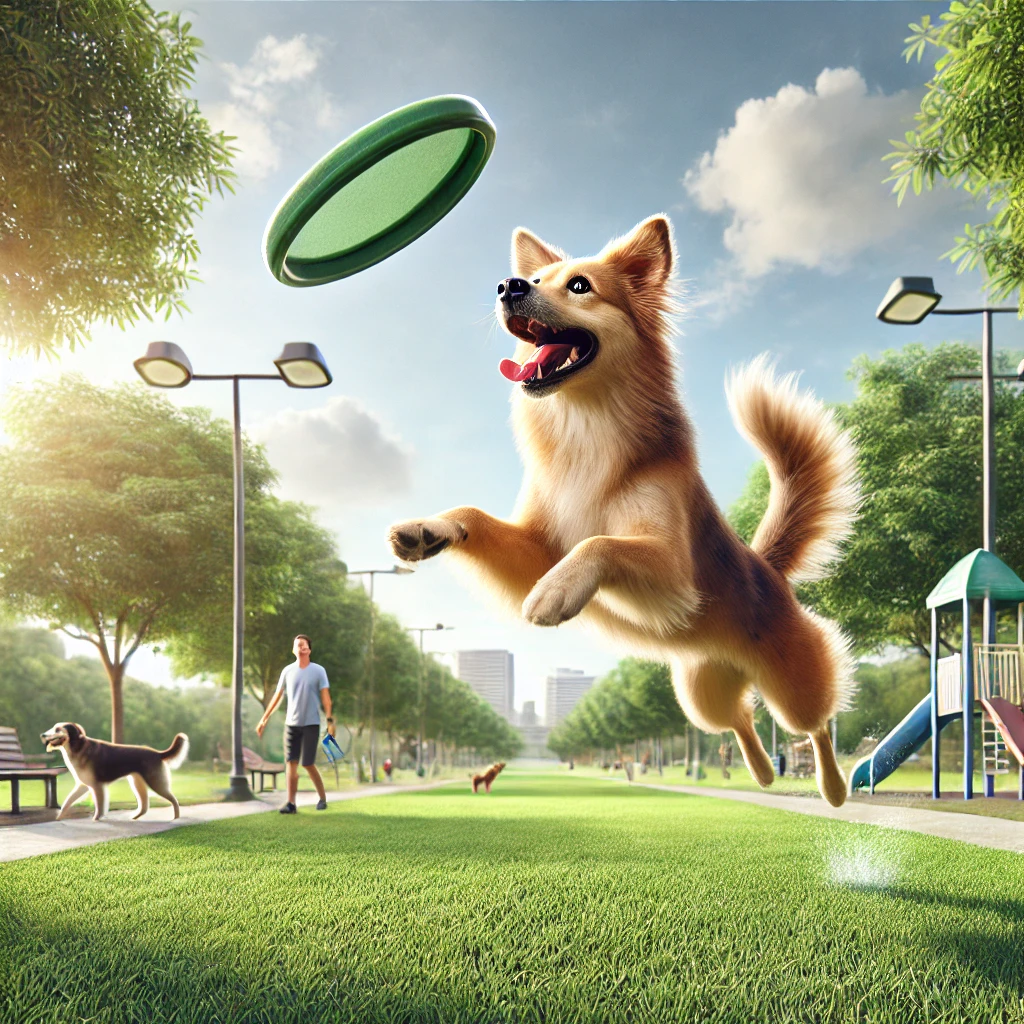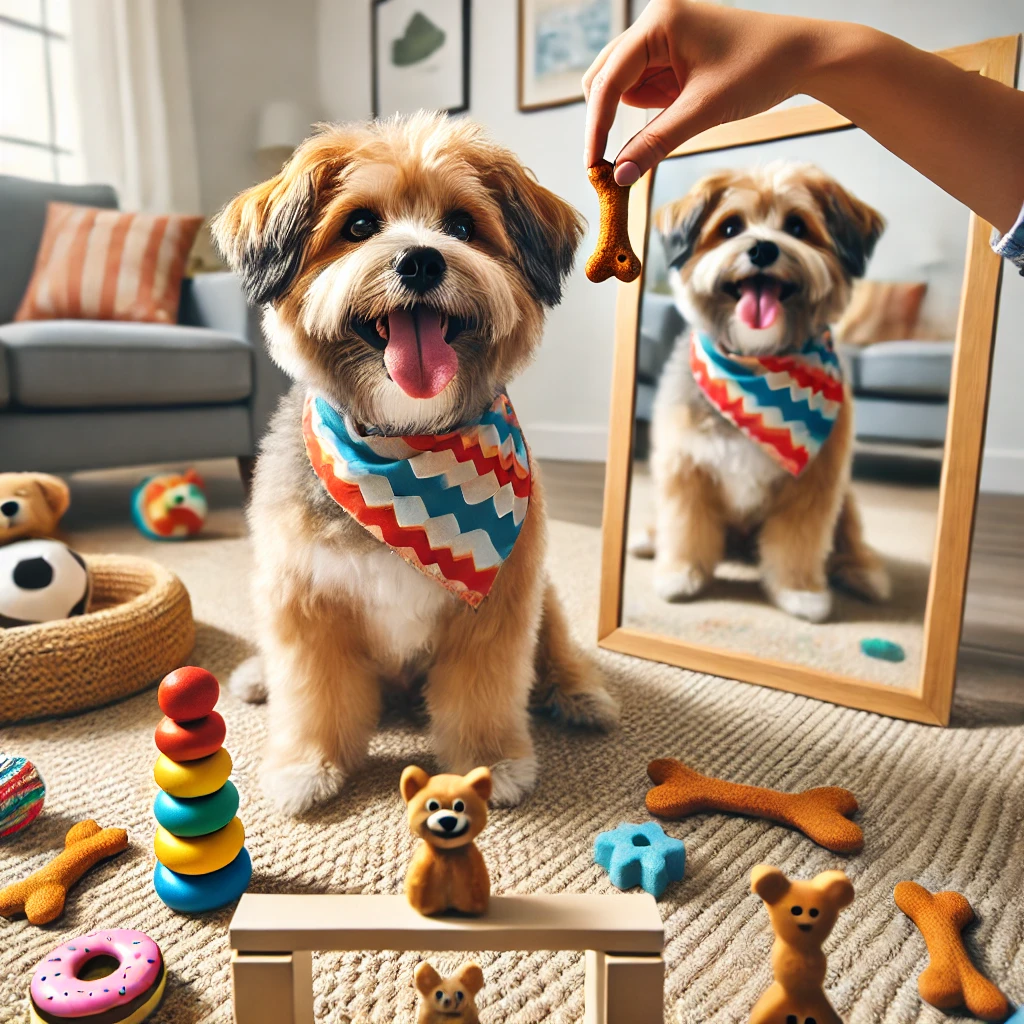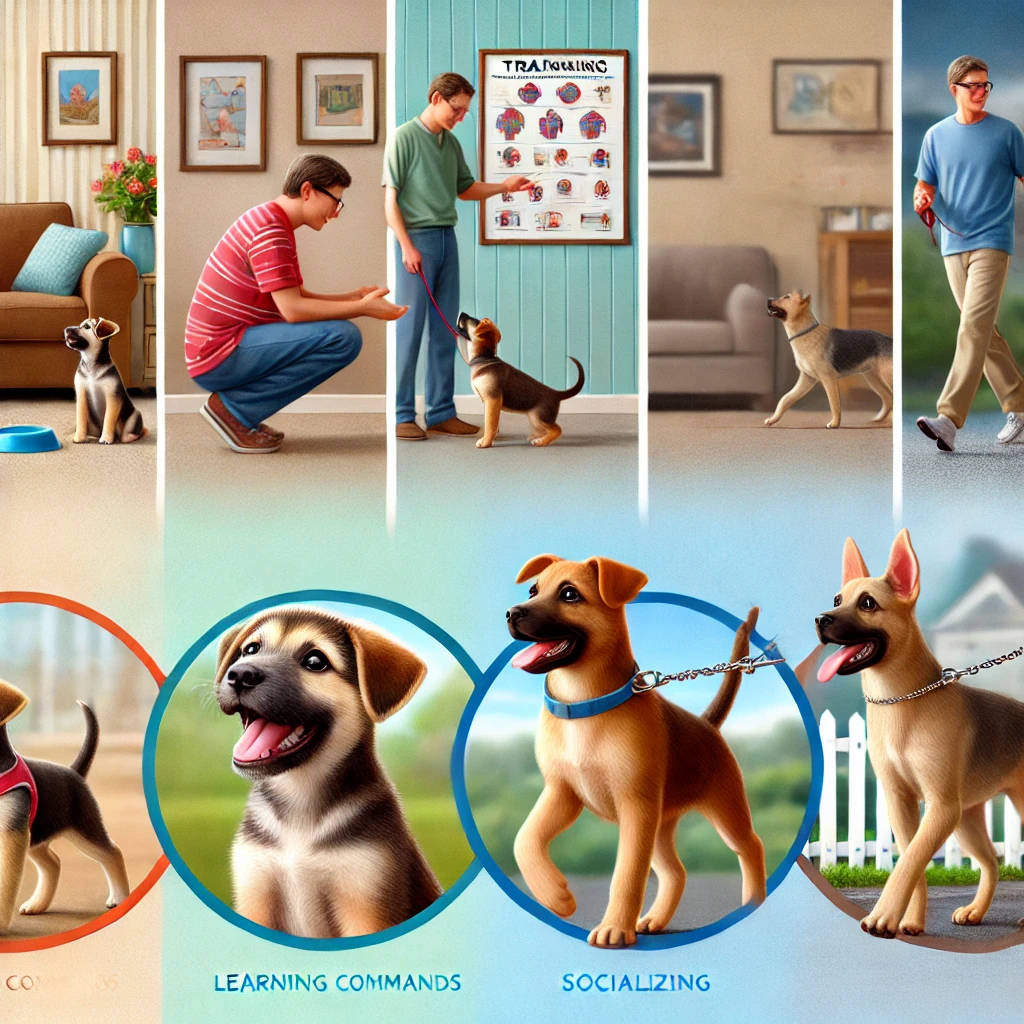Busting 25 Dog Training Myths: The Truth Unleashed
We love our dogs, don’t we? They’re fluffy, adorable, and, well, sometimes a bit clueless. Training them, though? That’s where the real fun begins—or so we’ve been led to believe by every dog-training myth under the sun. So, if you’ve ever found yourself Googling “can I train my dog with a packet of bacon?” or “does my dog secretly hate me for not giving him my couch,” then this post is for you. Buckle up, because we’re about to bust some serious dog training myths.
Myth 1: Old Dogs Can’t Learn New Tricks
If I had a dollar for every time someone said, “You can’t teach an old dog new tricks,” I’d have enough to buy a lifetime supply of squeaky toys. Here’s the truth: Old dogs absolutely can learn new tricks. The only thing stopping them is that extra-long nap they insist on taking. Training an older dog might take a bit more patience, but they’re more than capable of picking up new habits—especially if there are treats involved.
Myth 2: Dogs Only Respond to Punishment
If you’re under the impression that the only way to get your dog to behave is through punishment, you might want to rethink that. Positive reinforcement—rewarding your dog for good behavior—works wonders and doesn’t involve any guilt trips. Trust me, your dog prefers belly rubs over the stink eye any day.
Myth 3: My Dog Should Know What I Want Without Me Saying It
Ah, the magical mind-reading dog. As amazing as that sounds, it’s about as real as a unicorn riding a bicycle. Your dog isn’t a psychic; they need clear, consistent commands. Imagine trying to learn a foreign language by osmosis. It doesn’t work, right? Same goes for your furry friend.
Myth 4: Dogs Only Obey the Alpha

The alpha dog theory has been around for a while, but here’s the deal: Dogs respond better to cooperation than domination. It’s less about being the “boss” and more about being a trusted guide. Your dog isn’t plotting a coup d’état; they’re just trying to figure out how to make you happy—and maybe get an extra treat or two in the process.
Myth 5: My Dog Is Just Stubborn
Before you label your dog as the most stubborn creature on the planet, consider this: Your dog might just be confused. If your commands are inconsistent or unclear, your dog isn’t being stubborn—they’re simply trying to understand what you want. It’s kind of like when someone says, “we need to talk,” but then leaves you hanging. Super frustrating, right?
Myth 6: Puppies Don’t Need Training
Oh, the puppy phase. All cuddles and cuteness, right? But here’s the reality: Puppies absolutely need training. The earlier you start, the better. That adorable ball of fluff is a sponge, ready to soak up whatever you teach them—good or bad. Skip the training, and you might find yourself with a dog that thinks chewing on your shoes is a fun way to pass the time.
Myth 7: You Shouldn’t Train a Dog Until They’re Six Months Old
Waiting until your dog is six months old to start training is like waiting until the Titanic hit the iceberg to decide maybe lifeboats would have been a good idea. Start training early, even if it’s just simple commands like “sit” and “stay.” The sooner you start, the sooner you’ll have a well-behaved pooch.
Myth 8: Dogs Understand “No”
Does your dog look at you like you’re speaking Swahili when you say “no”? That’s because dogs don’t naturally understand the word “no”. It’s just a sound to them unless you teach them what it means. Instead of constantly saying “no,” try redirecting your dog’s attention to what you want them to do.
Myth 9: Small Dogs Don’t Need Training
Just because your dog can fit in your purse doesn’t mean they don’t need training. Small dogs need training just as much as big dogs. In fact, they might need it more since they tend to get away with a lot just because they’re cute. Don’t let size fool you—those little legs can still cause a lot of trouble.
Myth 10: Using Treats Is Bribing

Let’s set the record straight: Treats are not bribes. They’re rewards for good behavior. Think of it as giving your dog a bonus for a job well done. If a few tasty morsels can get your dog to follow commands, then by all means, keep the treats coming. Just don’t forget to wean them off treats eventually, so they don’t expect a snack every time they sit.
Myth 11: Training Should Be Serious Business
Training isn’t about turning your dog into a four-legged robot; it’s about building a bond. Training should be fun for both you and your dog. Throw in some games, praise, and a little bit of silliness. The more enjoyable the process, the more successful the training.
Myth 12: My Dog Is Too Dumb to Learn
We’ve all had that moment where our dog does something so baffling that we question their IQ. But here’s the thing: There are no dumb dogs, only misunderstood ones. If your dog isn’t catching on, it might be time to tweak your training approach. Every dog learns at their own pace, and sometimes they just need a different method.
Myth 13: My Dog Will Grow Out of Bad Behavior
Wishful thinking alert! Waiting for your dog to “grow out” of bad behavior is like waiting for a plant to water itself. Bad habits need to be addressed, not ignored. The longer you wait, the more ingrained those behaviors become, and the harder they are to correct later on.
Myth 14: Training Stops Once My Dog Is Trained
Training isn’t a one-and-done deal. Training is a lifelong process, like exercising or, you know, brushing your teeth. Even after your dog has mastered the basics, it’s important to keep practicing to reinforce those good habits. Think of it as continuing education for your pup.
Myth 15: My Dog Knows When They’ve Done Something Wrong
That guilty look on your dog’s face? It’s not what you think. Dogs don’t experience guilt the way humans do. Your dog doesn’t “know” they’ve done something wrong—they’re just reacting to your body language and tone of voice. Instead of relying on guilt, focus on teaching them what you want them to do instead.
Myth 16: All Dogs Are Motivated by the Same Things
Some dogs will do anything for a treat, while others couldn’t care less about food. Not all dogs are motivated b





Post Comment